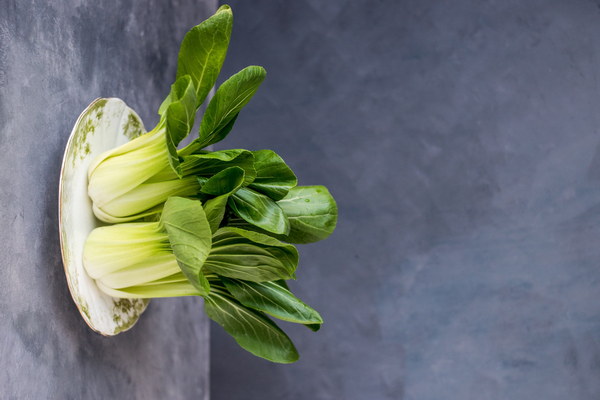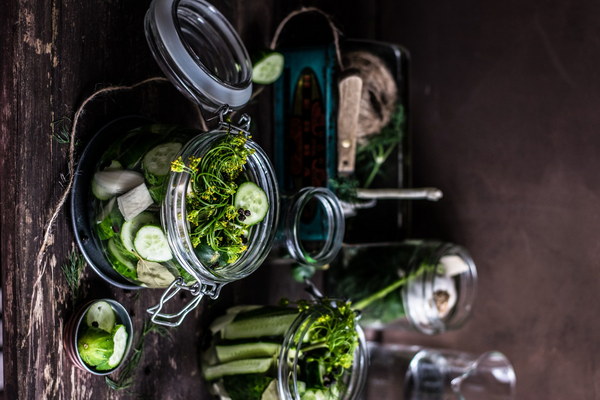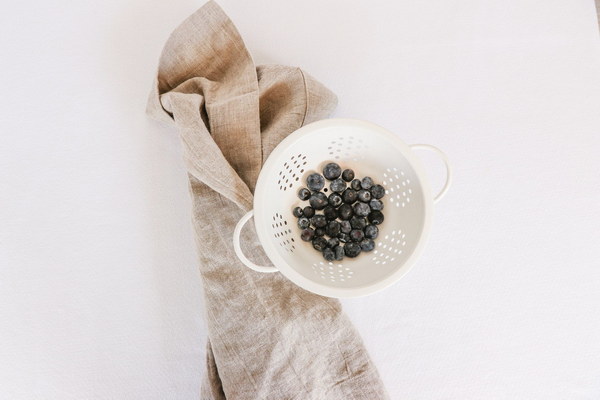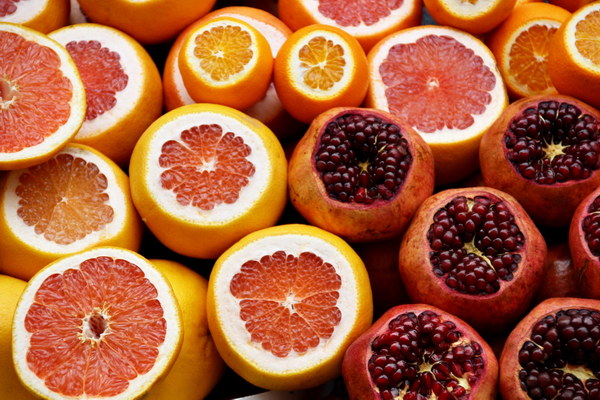Harvest Autumn A Comprehensive Guide to Traditional Chinese Medicine and Wellness for the Season of Change
As the calendar turns to autumn, the world outside begins to transform, and so too should our approach to health and wellness. The season of change, known as Lì Qiū in Chinese, is a time when the temperature drops, the leaves turn, and the body undergoes natural shifts. To navigate this transition gracefully, traditional Chinese medicine (TCM) offers a wealth of knowledge and practices designed to maintain balance and vitality. This article serves as a comprehensive guide to TCM and wellness for the season of Lì Qiū.
Understanding Lì Qiū in TCM
In TCM, Lì Qiū marks the beginning of the autumnal equinox, a time when the Earth begins to conserve its energy and the body should follow suit. The principle here is to align with the natural flow of the seasons to prevent illness and promote health. The element associated with autumn is metal, which corresponds to the lungs and large intestine in the body.

Herbal Remedies for Lì Qiū
1. Asian Pear (Píng Guǒ): Known for its cooling properties, Asian pears are perfect for soothing a dry, autumnal throat. They help nourish the lungs and reduce the risk of respiratory infections.
2. Goji Berries (Gǒu Qí): These berries are rich in antioxidants and are believed to boost the immune system, making them an excellent choice for autumnal health.
3. Schisandra (Wǔ Wēi Zi): Schisandra is prized for its adaptogenic properties, helping the body to cope with stress and maintain balance during the changing seasons.
4. Ophiopogon (Mài Mài Diàn): This herb is often used to nourish the lungs and stomach, and is thought to enhance the body's ability to handle dryness.
5. Angelica Root (Duò Huáng Pi): Angelica root is used to warm the lungs and improve circulation, which can be beneficial during the cooler autumn months.
Dietary Tips for Lì Qiū
- Stay Hydrated: The air becomes drier in autumn, so it's essential to drink plenty of fluids to prevent dehydration and support respiratory health.
- Eat Warmer Foods: Incorporate more warming foods such as soups, stews, and roasted vegetables into your diet to complement the cooling temperatures outside.
- Reduce Cold and Raw Foods: Cold and raw foods can exacerbate the body's tendency to contract during the autumn months. Opt for steamed or lightly sautéed dishes instead.
- Herbal Teas: Brew teas with herbs such as ginger, cinnamon, or licorice to help warm the body and support the immune system.
Exercise and Lifestyle for Lì Qiū
- Mindful Breathing: Practice deep, diaphragmatic breathing exercises to strengthen the lungs and improve oxygen flow throughout the body.
- Moderate Exercise: Engage in moderate exercise, such as walking, tai chi, or yoga, to keep the body active and warm.
- Get Adequate Sleep: Ensure you're getting enough rest to support your body's natural healing processes and to prevent fatigue.
Conclusion
The season of Lì Qiū is a time to embrace the natural changes that occur around us and within our bodies. By following the principles of traditional Chinese medicine, including the use of herbal remedies, a balanced diet, and mindful lifestyle choices, we can enhance our well-being and thrive during this season of change. Remember, the key is to listen to your body and adjust your health practices accordingly. As autumn descends, let the wisdom of TCM guide you towards a season of health and harmony.









